Telecom fraud has become characterized by group formation, industrialization and cross-border activities, with some large-scale criminal organizations overseas operating under the guise of industrial and technology parks, a senior prosecutor from the Supreme People's Procuratorate said on Sunday.
What initially began as individual cases of fraud have escalated into severely violent offenses resulting in bodily harm and illegal detention, seriously compromising the safety and security of the general public, said Zhang Xiaojin, head of the SPP's fourth procuratorial office.
Zhang emphasized that both domestically and internationally, the criminal networks supporting overseas telecom fraud groups are becoming stronger, with more stable support in terms of personnel, information, technology and funds. Furthermore, the technological barriers for such crimes are being lowered, while the number of hidden funding channels has increased.
As the nation's crackdown on telecom fraud intensifies, procuratorial authorities are witnessing a notable increase in the number of cases.
From January to November last year, national prosecution authorities filed charges against roughly 129,000 people accused of supporting information network crimes, up 13.2 percent year-on-year. Over 42,000 individuals were suspected of being involved in telecom fraud, a 63.5 percent increase year-on-year.
Zhang noted common fraud activities include click farming — in which people are paid to click on links and generate likes on social media posts — investment and finance scams, shopping scams, impersonations of customer service staff and false credit reporting. Among them, click farming and investment and finance scams accounted for more than half of all telecom fraud cases.
Procuratorial authorities have rigorously cracked down on telecom fraud and related crimes, suggesting harsh punishment for the offenders, he said. Last year, the SPP and the Ministry of Public Security oversaw the handling of five major cross-border telecom fraud cases, and transferred cases of fraud operated from northern Myanmar involving some 45,000 suspects to 28 provincial-level authorities. The cases focused on investigating fraud participants, illicit funds and associated criminal networks.
"We are actively involved in asset recovery efforts, leveraging legal and criminal policies effectively and supervising the entire litigation process of the telecom fraud cases to facilitate the return of misappropriated funds and compensation. We are actively working to restore economic losses for the victims," he said.
Procuratorates at all levels also issued suggestions to address the deficiencies of social governance reflected in telecom fraud and associated cases, intending to curb crimes at their inception, he said.
International cooperation is also being strengthened, with prosecutorial authorities participating in negotiations for the United Nations convention against cybercrime, aiming to unite the international community to tackle the problem.













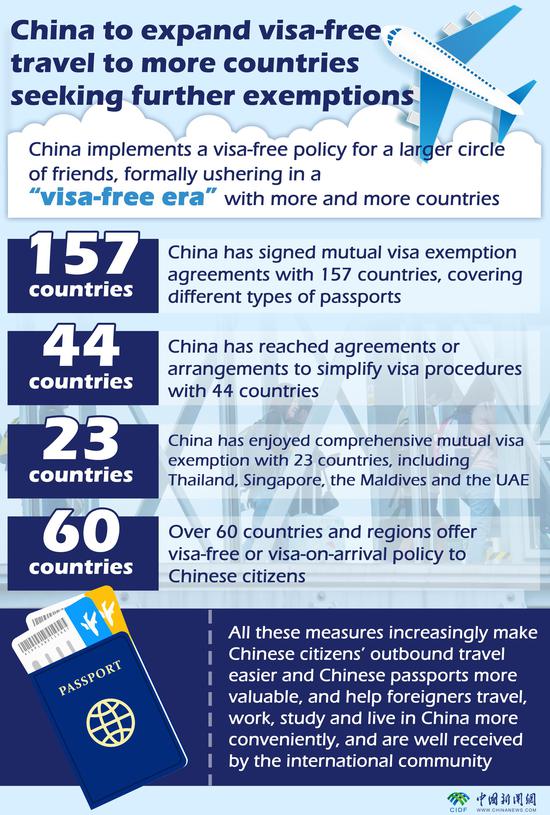

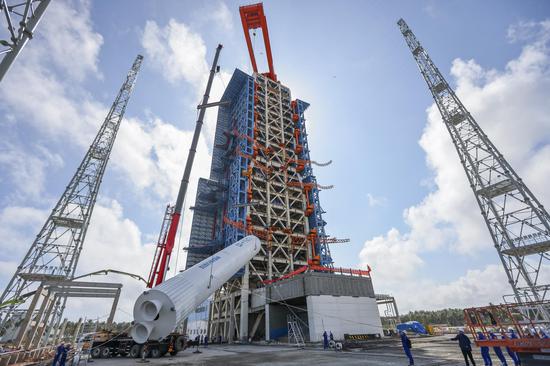



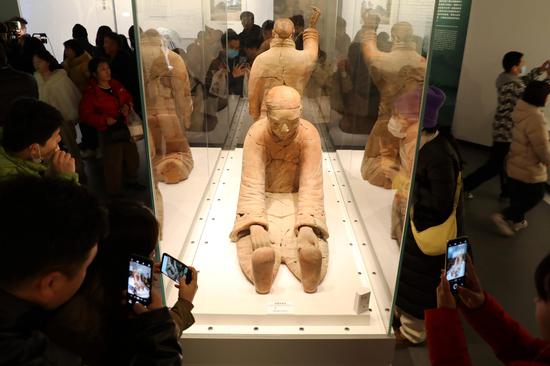













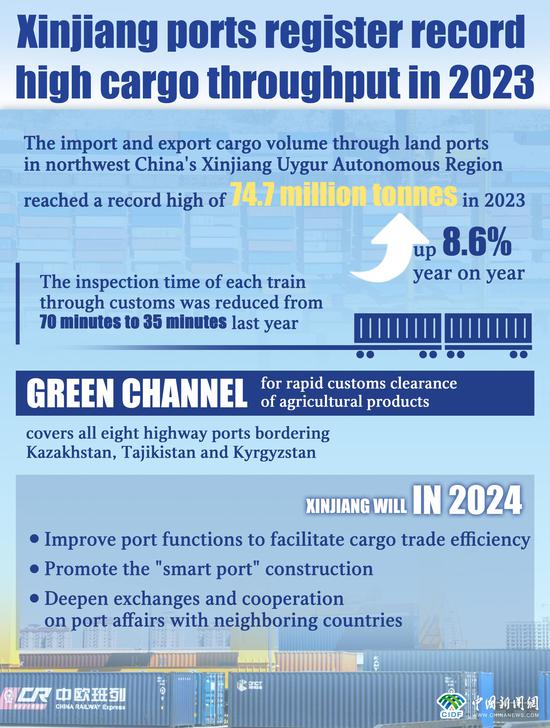
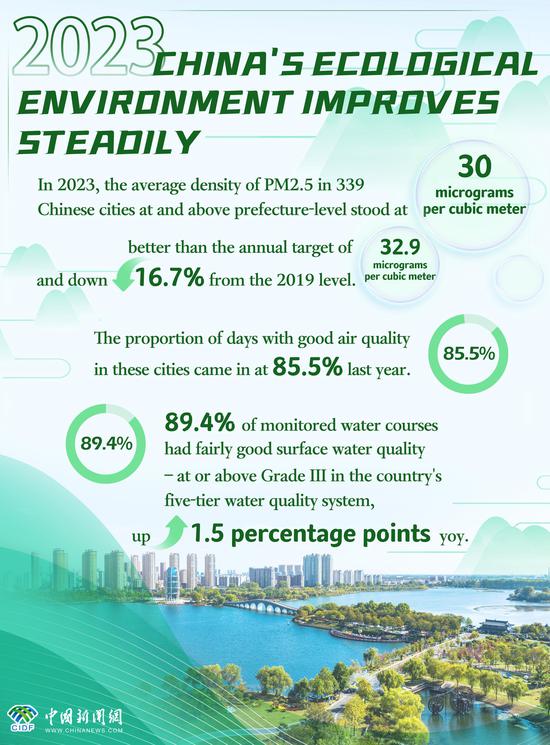
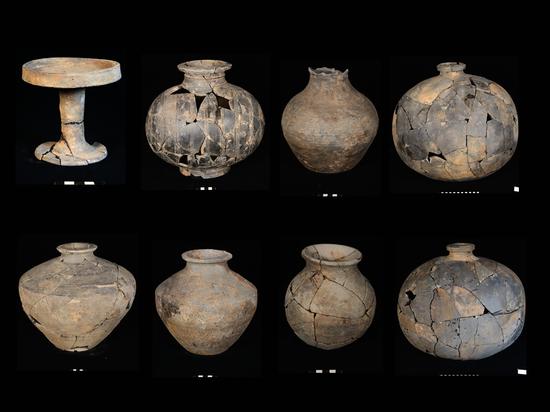








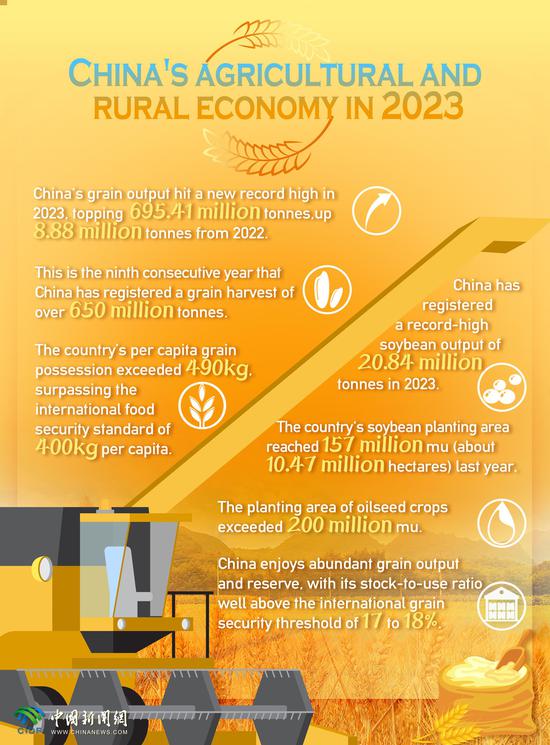





 京公网安备 11010202009201号
京公网安备 11010202009201号